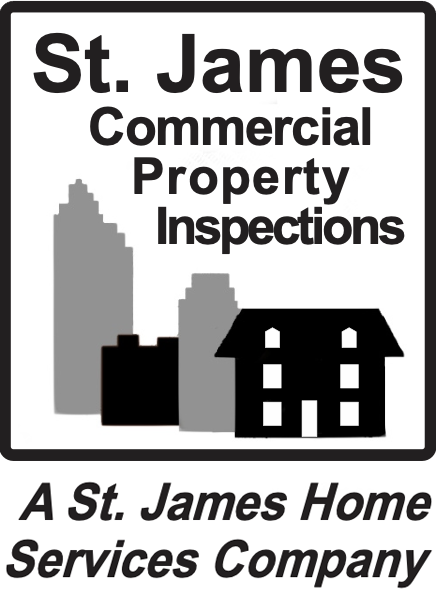Choosing the best commercial property inspector is crucial for protecting your investment and ensuring the property’s condition aligns with your expectations. Here’s a guide to help you choose a commercial property inspector who will thoroughly and reliably assess your potential property.
Understand the Role of a Commercial Property Inspector
A commercial property inspector evaluates a property’s physical condition, identifying potential issues that may affect its value or functionality. This includes inspecting the property’s structure, systems, and components, such as the HVAC system, plumbing, electrical systems, and roofing. Unlike residential inspections, commercial inspections often involve a broader scope due to the diverse nature of commercial buildings and their uses.
Choose a Commercial Property Inspector With Relevant Experience
Experience is a key factor when choosing a commercial property inspector. The complexities of commercial properties require an inspector who is well-versed in various types of buildings, from office spaces and retail centers to industrial facilities and multi-use properties. Look for inspectors with a solid track record in commercial property inspections, as this experience will enable them to spot potential issues more effectively and provide more accurate assessments.
Check Qualifications and Certifications
A qualified inspector should hold relevant certifications and licenses demonstrating expertise and adherence to industry standards. Look for credentials such as Certified Commercial Property Inspectors (CCPI) or membership in professional organizations like the American Society of Home Inspectors (ASHI) or the International Association of Certified Home Inspectors (InterNACHI). These certifications show that the inspector has undergone training and follows ethical and professional standards.
Evaluate the Inspection Process
Understanding the inspection process helps you gauge the thoroughness of the inspector’s work. A comprehensive inspection should include a detailed assessment of the property’s major systems and components, focusing on identifying potential issues and assessing their impact. Ask the inspector about their process, including how they document findings, report issues, and follow up on concerns. A detailed, written report with clear, actionable recommendations is essential for making informed decisions.
Review Sample Reports
Reviewing sample inspection reports from potential inspectors provides valuable insights into their reporting style and thoroughness. A good report should be clear, detailed, and easy to understand, with specific information about the property’s condition and any issues identified. Look for reports that include photographs, detailed descriptions, and recommendations for repairs or further investigation.
Seek Recommendations and Read Reviews Before You Choose a Commercial Property Inspector
Word of mouth and online reviews help find a reliable commercial property inspector. Seek recommendations from colleagues, real estate agents, or property managers who have had positive experiences with inspectors. Read online reviews to understand the inspector’s reputation and reliability. Pay attention to feedback about their professionalism, thoroughness, and ability to communicate effectively.
Consider the Inspector’s Availability
Availability and responsiveness are important factors when selecting an inspector. A reputable inspector should be able to accommodate your schedule and provide timely reports. Consider how soon you need the inspection completed and confirm the inspector can meet your timeline. Effective communication throughout the inspection process is crucial for addressing any questions or concerns you may have.
Cost vs. Value
While cost is important, it should not be the sole determining factor. A lower price may not always reflect the quality of the inspection, and opting for the cheapest option could result in missing critical issues. Weigh the cost against the inspector’s qualifications, experience, and the comprehensiveness of their service. Investing in a thorough inspection could save you money in the long run.
FAQs
How long does a commercial property inspection take?
The duration of a commercial property inspection varies depending on the size and complexity of the property. On average, inspections take several hours to a full day. Larger or more complex properties may require additional time to complete the inspection thoroughly.
How much does a commercial property inspection cost?
The cost of a commercial property inspection depends on factors such as the size of the property, its location, and the complexity of the inspection. While prices vary, it’s essential to consider the value of a comprehensive inspection rather than focusing solely on cost.
What happens if issues are found during the inspection?
If issues are found during the inspection, the inspector will include them in the report along with recommendations for addressing them. You can use this information to negotiate repairs or adjustments with the property seller or to make informed decisions about the property’s value and potential investment.
St. James Commercial Property Inspections offers inspection services in Durham, Alamance, Caswell, Chatham, Franklin, Granville, Orange, Person, Vance, and Wake Counties of North Carolina. Contact us to request an appointment.

